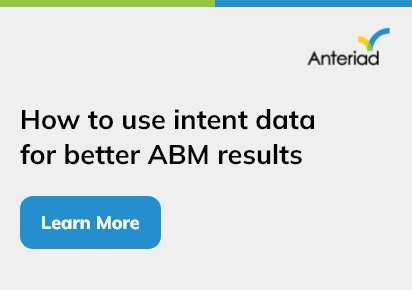Account-Based Marketing (ABM) is no longer just a buzzword—it’s a proven strategy for B2B growth. But even the most well-designed ABM campaigns can fall short if they’re built on guesswork rather than insight. That’s where intent data comes in. It’s the missing link that turns ABM from “targeting accounts” to actually understanding what they want—right now.
What Is Intent Data?
In simple terms, intent data reveals what potential buyers are researching online. It tracks digital footprints across websites, content downloads, product comparisons, and search behavior to identify who’s actively looking for a solution in your category.
Also Read: How to Boost Your Business with Data Analytics Training
There are two types:
First-party intent data: Collected from your own properties—your website, emails, chat tools, and gated content.
Third-party intent data: Sourced from external platforms like review sites, forums, ad networks, or publisher pages.
Together, they paint a rich picture of buyer behavior—before a sales conversation even begins.
Why ABM Needs Intent Data
ABM works best when marketing and sales teams know exactly who to target, when to engage, and what to say. That’s where intent data becomes powerful.
Here’s how it fits perfectly into your ABM workflow:
Smarter Account Selection
Instead of choosing accounts based on past data or firmographics alone, you can prioritize those actively researching topics related to your product or service.
Timely Engagement
Intent data tells you when a potential buyer is “heating up.” You don’t have to wait for them to fill out a form—you already know they’re in the consideration phase.
Personalized Content & Messaging
If you know an account is interested in “cloud security” based on recent behavior, your outreach can be tailored with highly relevant messaging—no more generic pitch decks.
Sales & Marketing Alignment
With shared access to real-time intent signals, both teams can coordinate outreach more effectively and avoid misaligned efforts.
Real Impact, Real Results
Companies that integrate intent data into their ABM strategies report higher conversion rates, faster sales cycles, and stronger pipeline quality. Why? Because they’re no longer relying on assumptions—they’re working with intent-backed signals that show which accounts are truly in-market.
Final Thoughts
If your ABM program feels like it’s missing something, it probably is—and that something is intent data. It bridges the gap between targeting and timing, helping teams focus their efforts where the real interest lies.
In today’s competitive B2B world, being proactive matters more than ever. By using intent data to guide your ABM decisions, you’re not just reaching out—you’re reaching out at the right time, with the right message, to the right people.



